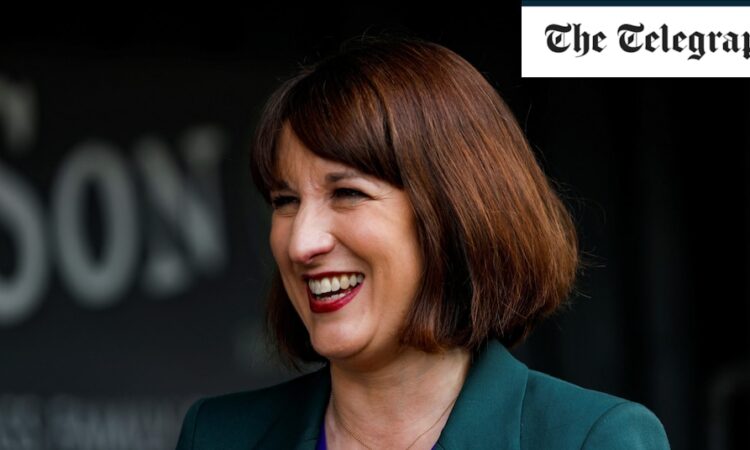
The OBR, set up in 2010, releases economic and public spending forecasts alongside fiscal events such as Budgets and Autumn Statements.
However, Ms Reeves has indicated its powers could be broadened under a Labour government. In March she said that a chancellor would only be allowed to break his or her fiscal rules – a so-called “escape clause” – if the OBR assessed that Britain was in an economic crisis.
Some think tanks have proposed giving even more power to the OBR, such as setting borrowing limits.
Ben Zaranko, senior research economist at the IFS, said: “Plenty of people appear to think that technocrats should have a greater role in guiding fiscal policy in the UK. Following Rachel Reeves’ proposal that the OBR be handed additional powers and responsibilities, the role of fiscal technocrats might even be considered an election issue – albeit an extremely niche one.
“But we should be very cautious about handing ever-greater fiscal powers to technocratic bodies like the OBR. This is absolutely not to cast aspersions on the ability or motivations of the fiscal technocrats, who play an important role. It’s to recognise that choices over how much to tax, spend and borrow are not narrow technical questions, but are inherently political. Elected politicians should be responsible for making them.”
Gordon Brown gave power for setting interest rates to the Bank of England in 1997, taking the decision away from politicians in a move that is widely understood to have improved decision making.
However, the IFS said that tax and spending decisions are more political than monetary policy, and had no right answer, meaning they should be left to governments.






